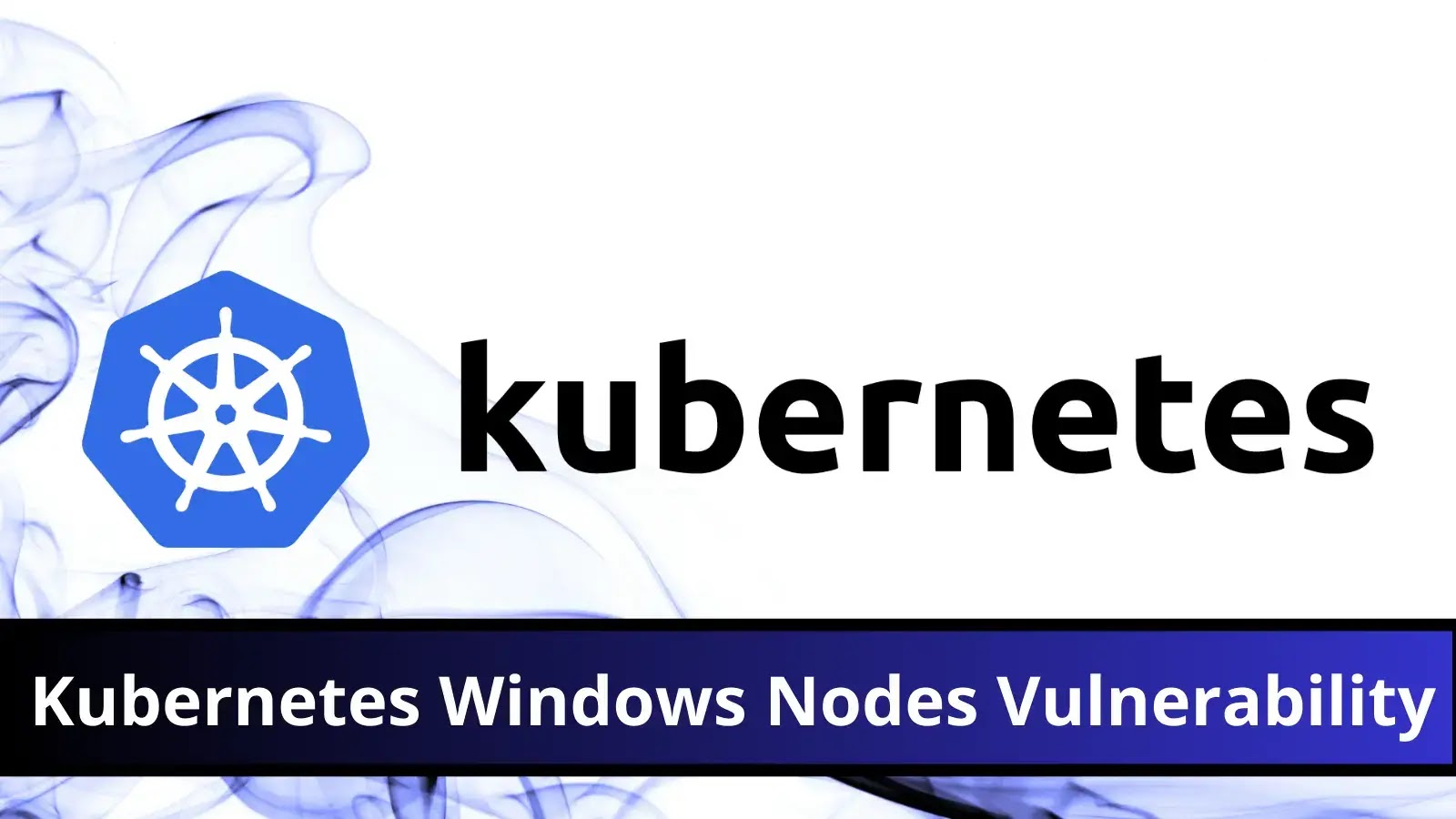Kubernetes Windows Nodes Vulnerability Let Attacks Gain Admin Privileges

As previously reported, three excessive-severity vulnerabilities in Kubernetes existed in Ingress controllers for NGINX. As well to this, some other excessive-severity vulnerability for Kubernetes Windows has been found out.
This unusual vulnerability has been given CVE-2023-5528 with a severity of 7.8 (Excessive). This unusual vulnerability is in line with three valuable issues of Kubernetes: Windows nodes in Kubernetes, in-tree storage plugins, the CSI driver, and chronic volumes.

Perception of CVE-2023-5528
Cyber Safety News got an weird and wonderful document from Jimmy Mesta, CTO/CoFounder of KSOC, highlighting a excessive vulnerability within the Windows Nodes for Kubernetes. The document printed that the key be troubled on the wait on of this vulnerability became as soon as the loads of lag within the enchancment of the Windows Nodes, which had been finest added to Kubernetes in 2019 and soundless fall far on the wait on of their Linux counterparts.
Linux uses userIDs and groupIDs for object permissions, whereas Windows uses SIDs, ACLs, and usernames. Even though there became as soon as Azure Kubernetes Provider (AKS) which has been in actual fact one of the most largest customers of Kubernetes in Windows, Azure runs on a combination of Linux and Windows nodes.
The 2nd part contributing to this vulnerability became as soon as the Kubernetes Container Storage Interface (CSI), which became as soon as launched as a replacement to plugins all by the Kubernetes Codebase which would per chance perhaps likely be bid to diverse storage vendors.
Moreover, these storage vendors secure CSI drivers built-in with the Kubernetes CSI to withhold the code outdoors of Kubernetes and allow Kubernetes to work with these Storage vendors.
Some other part of contribution became as soon as PersistentVolume, which is a resource for a Kubernetes Cluster that will even be pointed in the direction of in-tree storage plugins such as AWS Elastic Block Retailer (EBS – not on hand in v1.27), Azure Disk (not on hand in v1.27), and loads of others.
CVE-2023-5528 – Working Precept
When an in-tree storage plugin for Windows Nodes has insufficient input sanitization, it would per chance perhaps perhaps allow a person to get administrative privileges on the cluster nodes if the person already possesses entry to secure pods and PersistentVolumes.
Even though the explanation on the wait on of this be troubled will not be determined, there may per chance be a risk that the privileges granted to a person can radically change elevated in obvious cases. One assumed reason on the wait on of this vulnerability became as soon as that in-tree plugins can grant the volume plugins the same privileges as Kubernetes parts.
Mitigation
This vulnerability became as soon as associated with Windows Nodes subsequently, if there is an in-tree storage plugin reveal, the Kubernetes CSI model is below 1.14, there may per chance be a risk that this vulnerability would per chance perhaps exist within the atmosphere.
A full document about this vulnerability has been printed by KSOC which affords detailed facts about this vulnerability and the ideas on the wait on of this.
Users of Kubernetes are actually useful to make exercise of the most fresh model of Kubernetes CSI v1.27 to forestall this vulnerability from getting exploited by risk actors.
Source credit : cybersecuritynews.com


